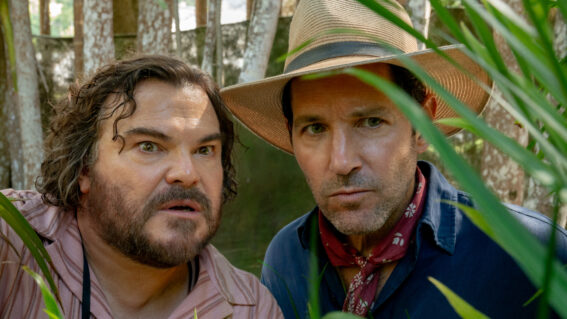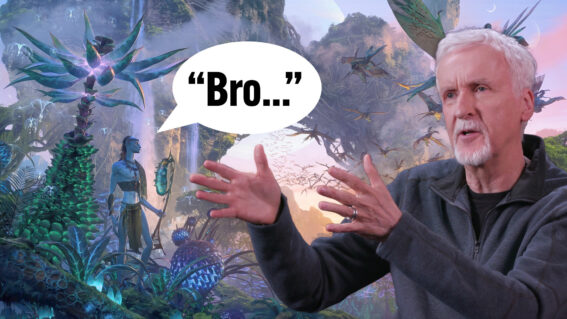Ruthlessly compelling, Industry is anti-comfort – and that’s the heart of its brilliance
What’s most impressive about Industry, now on its third season, is how little ground it’s lost to sentimentality.

Clarisse Loughrey’s Show of the Week column, published every Friday, spotlights a new show to watch or skip. This week: the new season of finance drama Industry and its evisceration of performative morality.
It’s a monster’s playground in Mickey Down and Konrad Kay’s Industry, television’s most ruthlessly compelling offering of late. It’s neatly bucked the “eat the rich” trend by recognising the sour reality that the wealthy have an almost cockroach-like ability to bounce back from karmic punishment. It’s an anti-comfort show. That’s the heart of its brilliance.
It’s not a question, really, of which of Pierpoint & Co’s investment bankers has gained our sympathies, since they’re all fundamentally complicit and corrupted. At most, you might have a preference for whose battle tactics you like best, whether they be rich girl Yasmin’s (Marisa Abela) parroted pleasantries or Harper’s (Myha’la) bold-faced ambition. But nobody actually wants to see these people win. If they do, we know the rest of us lose.
What’s most impressive about Industry, now on its third season, is how little ground it’s lost to sentimentality. The trick with these stories, the Successions and all their ilk, is to keep an audience invested without sanding down the ferocity of its characters. Down and Kay, who fled this very world to the creative sphere, are familiar enough with the reality that there’s no risk of romanticisation. In fact, they’ve only gotten better at the gambit as the show’s gone on.
Their work occupies a rare space, in which grief, trauma, addiction, and bone-deep unhappiness are explored without its characters being handed convenient excuses for their actions. It’s the cycle of abuse in action, experienced on a global economic scale. It’s key to Yasmin who, in season three, is made to suffer again and again for her publishing magnate father’s sins, towards her and every other woman in his life, only to sharpen all that pain into a tool she can wield against others.

The trading floor becomes the ultimate outlet, where boss Eric (Ken Leung), whose position has come at the cost of his family, can repeat his mantra, “I’m a man and I’m relentless!” Old-school misogynist Rishi (Sagar Radia) and his personal foibles are the subject of a dedicated, Christmas-set episode so uniquely stressful it borders on out-and-out horror. Ghoulish, countryside elites lurch out of the shadows in a way that’s oddly reminiscent of the recent, James McAvoy-fronted remake Speak No Evil. Robert (Harry Lawtey) continues to be the most luckless, put-upon character in the entire series, the only one bordering on human, and yet he’s hardly somebody you’d trust with your house keys or a personal secret.
All this weaponised misery ties neatly into this season’s dominant theme, that of performative morality. Pierpoint has dedicated itself to ESG (“environmental, social and governance”) investment, with a major player being Lumi, a renewable energy company founded by the uniquely pathetic Sir Henry Muck (Kit Harington). Are Pierpont’s moves to ameliorate its public image by pursuing ethical investments and stripping out inappropriate behaviour in its ranks worthy even if its intentions aren’t genuine? Or is Harper, who finds herself allied with the straight-talking Petra (Sarah Goldberg) at least being honest when she recognises the whole thing as a temporary fad?

There’s a funny little throughline here about how characters will always print out their documents, detailing the movements of billions between billionaires, on double-sided paper—you know, “for the environment”. It’s said with such smirking condescension, a pretty little bow placed on a burning planet. Because, as Eric so succinctly puts it, “The end of the story is money.”





















